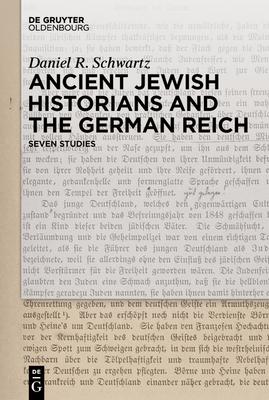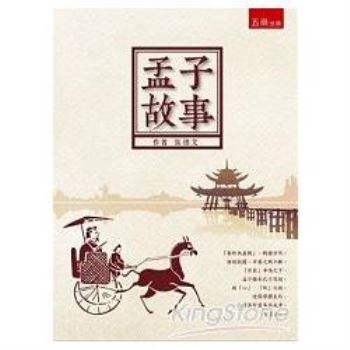Apart from an opening survey of modern study of ancient Jewish history, which emphasizes the foundational role of German-Jewish scholars, the studies united in this volume apply philological methods to the writings of four of them: Heinrich Graetz, Isaak Heinemann, Elias Bickerman(n), and Abraham Schalit. In each case, it is argued that some seemingly trivial anomaly or infelicity, in a publication about such ancient characters as Antiochus Epiphanes, Herod, and Josephus, points to the way in which the historian constructed, and revised, his understanding of the Jews’ situation under Greeks or Romans in light of his perception of the Jews’ situation under the Second or Third Reich. The collection also includes a study that focuses on a Jewish medievalist, Philipp Jaffé, and unravels the indirect but inexorable process that led from a scholarly feud about the editing of medieval Latin texts, in the 1860s, to the "Berlin Antisemitism Dispute" (Berliner Antisemitismusstreit) of 1879-1881, which is commonly viewed as the opening act of modern German antisemitism.
| FindBook |
有 1 項符合
Ancient Jewish Historians and the German Reich: Seven Studies的圖書 |
 |
Ancient Jewish Historians and the German Reich: Seven Studies 作者:Schwartz 出版社:Walter de Gruyter 出版日期:2024-04-01 語言:英文 規格:精裝 / 210頁 / 普通級/ 初版 |
| 圖書館借閱 |
| 國家圖書館 | 全國圖書書目資訊網 | 國立公共資訊圖書館 | 電子書服務平台 | MetaCat 跨館整合查詢 |
| 臺北市立圖書館 | 新北市立圖書館 | 基隆市公共圖書館 | 桃園市立圖書館 | 新竹縣公共圖書館 |
| 苗栗縣立圖書館 | 臺中市立圖書館 | 彰化縣公共圖書館 | 南投縣文化局 | 雲林縣公共圖書館 |
| 嘉義縣圖書館 | 臺南市立圖書館 | 高雄市立圖書館 | 屏東縣公共圖書館 | 宜蘭縣公共圖書館 |
| 花蓮縣文化局 | 臺東縣文化處 |
|
|
圖書介紹 - 資料來源:博客來 評分:
圖書名稱:Ancient Jewish Historians and the German Reich: Seven Studies
內容簡介
作者簡介
Daniel R. Schwartz is the Herbst Family Professor emeritus of Judaic Studies at the Hebrew University of Jerusalem, where he specializes in Jewish history and historiography of the Greco-Roman period. Among his books: Agrippa I (1990), Studies in the Jewish Background of Christianity (1992), Reading the First Century (2013), Judeans and Jews (2014), and commentaries on 1 and 2 Maccabees and on some of Josephus’s works. Frequently, however, his work on antiquity has led him to grapple with issues in modern historiography on antiquity. Among the results of such work are his monograph on Philiipp Jaffé (De Gruyter 2017) and the studies collected in this volume.
|











